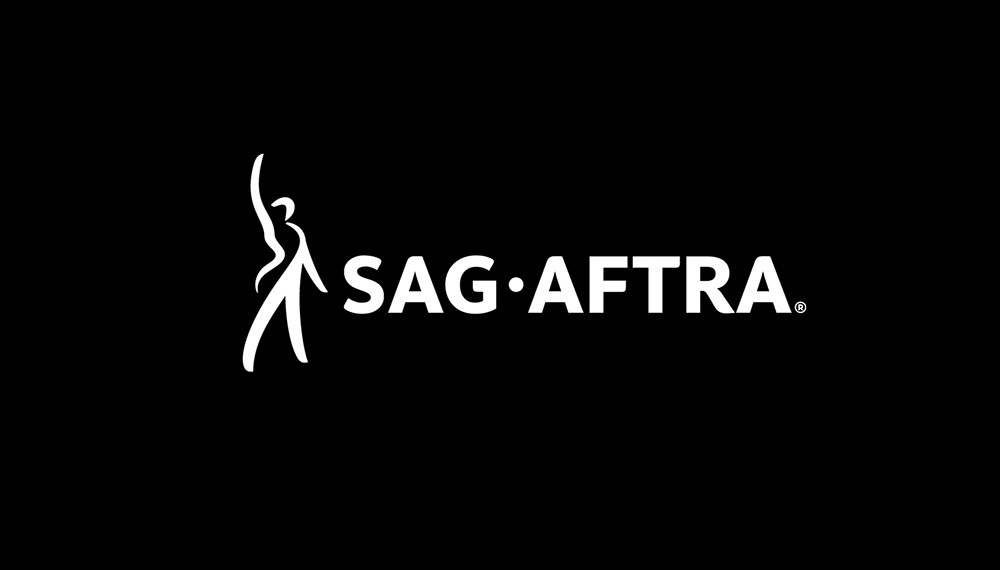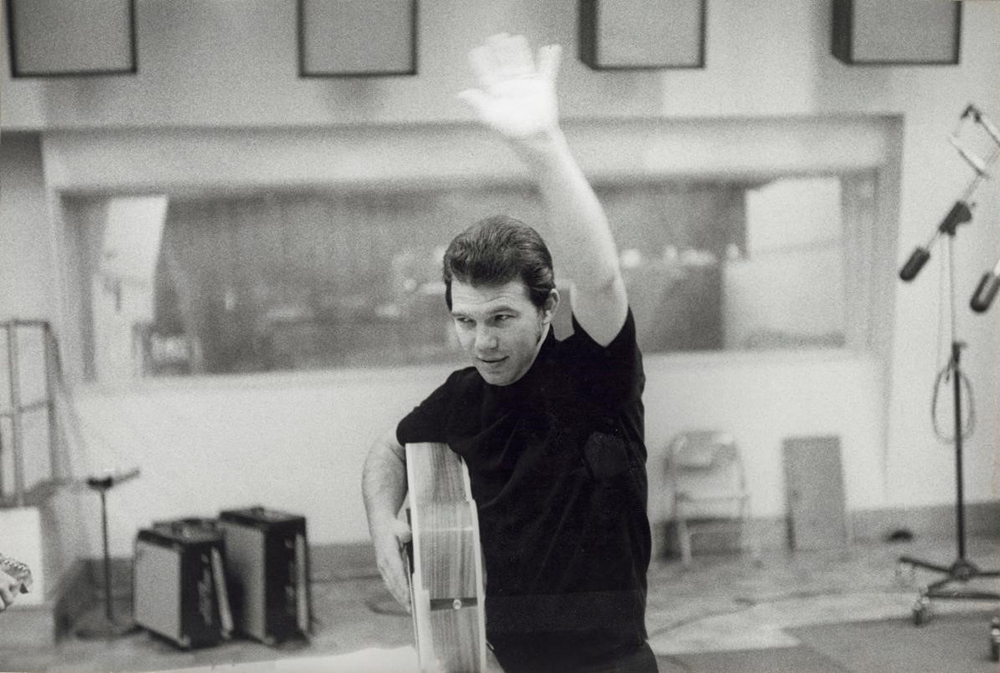
TORONTO (CelebrityAccess MediaWire) — Few people have had a bigger impact on musical life in Canada than Brian Chater.
Over a career of nearly 40 years, this soft-spoken Brit—as a record executive, a music publisher, a music industry association president, and a consultant–has had an enormous influence in establishing English Canadian musical talent at home and abroad.
He served with distinction as president of the Canadian Independent Record Production Association (since renamed the Canadian Independent Music Association) from 1987 until 2006.
While heading CIRPA, the non-profit trade organization for Canadian-owned record companies, distributors, recording studios, audio and video producers and music publishers in the English-speaking independent music sector in Canada, Brian was a forceful industry advocate.
During his tenure, CIRPA grew from a grassroots regional organization into a major international force, providing the organizational, and political tools that has enabled Canada's independent music sector to compete nationally and internationally.
Battling with others to significantly strengthen the ability of Canadian law enforcement to deal with the growing problem of theft of copyrighted works, Brian was one of the first to argue that the music industry needed to work closely with governments on creating a strategy that allows customers, artists and labels to benefit from the online explosion.
For nearly 20 years at CIRPA, Brian tackled daunting domestic issues while acting as an advocate on behalf of independent interests with federal and provincial governments. His advocacy included seeking direct financial assistance for recording industry programs, and representing the sector on such issues as copyright, and Canadian content quotas for radio.
During this time, Brian forged strong relationships with such Canadian industry groups as: the Canadian Recording Industry Association (CRIA); ADISQ (Association québécoise de l'industrie du disque, du spectacle et de la vidéo); and the Society of Composers, Authors and Music Publishers of Canada (SOCAN); and peer industry associations around the globe.
Today, CIMA is universally hailed as a model for how an organization can influence a national music business. BrIan’s legacy of contributions while at the organization are significant.
* He fought to insure that Canada’s independent sector would continue to get access to recording, distribution and marketing funding from the federal and provincial governments.
* He oversaw independent interests during hearings for the long-awaited Phase II revisions to the Canadian Copyright Act in 1997. This led to such measures as neighboring rights, under which performers and producers are now entitled to royalty payments from those who use their sound recordings for public performance or broadcast; and a home-taping levy collected on blank audiocassettes, and CD-Rs sold in Canada.
* During the review of commercial radio policy at the Canadian Radio-Television and Telecommunications Commission (CRTC) in 2005-6, Brian successfully led the fight against lowering Canadian content (CanCon) quotas.
* He has also appeared at regional CRTC licensing hearings for three decades, vigorously supporting these domestic content rules that have made Canada one of the most vital incubators for homegrown music talent in the world.
Prior to coming to Canada from England in 1966 to run Burlington Music of Canada, Brian was the copyright manager at Mills Music in London.
In Canada, he next oversaw the publishing house Burlington Music and then CHUM Ltd.’s short-lived record label, Much Records, and its publishing division, Summerlea Music.
His outsider’s ear may have helped him develop recordings, often in partnerships with Aquarius Records in Montreal, that could compete for national audiences at a time the Canadian industry was just emerging from its regional roots.
With such seminal Canadian recordings as Michel Pagliaro’s ”Lovin’ You Ain’t Easy” (1971), “Rainshowers” (1972) and “Some Sing Some Dance” (1972) on Much Records; April Wine’s “You Could Have Been a Lady” (1972) and “Bad Side of the Moon” (1972) on Aquarius Records; and “Copperpenny’s “Sitting On A Poor Man’s Throne” (1973) on Sweet Plum Records, Brian had represented songs that led to the recordings standing out on the radio.
In 1979, while head of Almo-Irving Music in Toronto, Brian had the prescience to recognize talent in a 19-year-old Bryan Adams, offering the singer/songwriter, and his partner Jim Vallance, their first publishing contract. This led to Adams being signed to affiliated A&M Records of Canada, and becoming a major force in music history.
Brian was a prime mover in starting CIRPA in 1974, and lobbied for the formation of FACTOR in 1982. He was a director of FACTOR for many years. He pushed for the federal government's Sound Recording Development Program in 1986, and has since lobbied for extending funding programs under Canadian Heritage. He was co-chair of the Federal Task Force on the Future of the Canadian Music Industry in 1996.
Brian's departure from CIRPA hardly came as a surprise. He was diagnosed with throat cancer in 2002. However, the cancer is now in remission, and he is working full time again, operating BC Music and Consulting, and the publishing company, Avenue Road Music Group.
He served on the board of the Canadian Music Publishers Association for many years, and was its president from 1983-1986. From 2004 to 2007, Brian was a director of the Radio Starmaker Fund.
Brian continues to share his expertise and experiences as an consultant for numerous industry collectives. He has also served on several policy groups advising the federal government on music-related issues.
Brian been a consultant to the Canadian Private Copying Collective since its inception in 1999 and currently serves as secretary treasurer. He is also director of the Canadian Musical Reproduction Rights Agency (CMMRA), and the Neighbouring Rights Collective of Canada (NRCC).
Among Brian’s awards for his notable contributions in advancing the Interests of Canadian music creators are:
* The Canadian Songwriters Award from the Songwriters Association of Canada (1993)
* Canadian Music Industry Hall of Fame Award (2000).
* Special Achievement Award from SOCAN (2003).
* Industry Builder Award from Canadian Music Week (2005).
Canada's independent music artists are annually honoured at the Canadian Independent Music Awards. It is befitting that the Canadian independent music Industry builder award is named, “The Brian Chater Industry Builder Award.” – Larry LeBlanc





























































